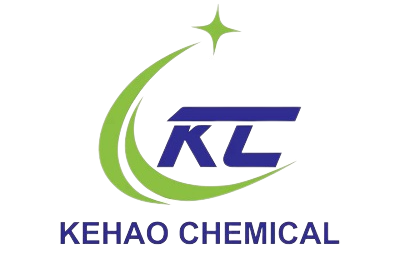Struggling with mortar that cracks, dries too fast, or lacks workability? HPMC is the ultimate solution to ensure quality and efficiency in construction.
HPMC (Hydroxypropyl Methylcellulose) enhances mortar by improving water retention, workability, and durability. It is a critical additive for creating high-performance building materials that meet diverse construction demands.
Let’s dive into how HPMC transforms mortar and what makes it indispensable for modern construction.
1. What is HPMC and Why is it Used in Mortar?
HPMC is a cellulose ether derived from natural materials, known for its thickening, water-retaining, and adhesive properties.
In mortar, HPMC acts as a multifunctional additive that improves consistency, reduces water evaporation, and enhances bonding strength. This makes it vital for achieving optimal performance.
HPMC is commonly used in construction due to its ability to enhance the rheological properties of mortar. It prevents sagging in vertical applications and provides uniformity, ensuring each batch meets quality standards.
2. What is HPMC for Drymix Mortar?
Drymix mortar relies on additives like HPMC to achieve its desired performance.
HPMC in drymix mortar improves water retention, enhances adhesion, and optimizes workability. It ensures consistent performance for plaster, render, and adhesive applications.
HPMC stabilizes the mixture during application and ensures even curing. Its water-retention capability minimizes the risk of cracks, especially in hot or dry environments.
3. What is HPMC for Gypsum Plaster?
Gypsum plaster demands specific additives to enhance its properties and ease of application.
HPMC in gypsum plaster improves workability, controls drying time, and prevents shrinkage. This results in a smoother finish and better bonding strength.
In gypsum plaster, HPMC acts as a stabilizer and enhances spreadability. It also helps in achieving a uniform thickness, making it easier to apply across large surfaces.
4. What is Added to Mortar for Compressive Strength?
Achieving high compressive strength in mortar requires precise additives.
Polymer additives, like redispersible polymer powder (RDP), are commonly used to increase compressive strength in mortar. These improve elasticity and bonding capabilities.
Apart from polymers, the addition of HPMC ensures better curing by retaining moisture, indirectly supporting compressive strength. Proper aggregate gradation and cement-to-water ratio are also critical.
5. What is the Use of HPMC in Tile Adhesive?
Tile adhesive formulations depend on HPMC for improved bonding and workability.
HPMC in tile adhesive provides excellent water retention, reduces slippage, and ensures uniform adhesive application. It’s a must for achieving durable tile installations.
HPMC enhances the open time of tile adhesive, allowing for longer adjustments during installation. It also prevents tiles from detaching due to improper bonding or uneven application.
6. Is HPMC a Thickening Agent?
HPMC’s thickening capabilities are integral to its functionality in construction materials.
Yes, HPMC acts as a thickening agent. It increases the viscosity of mixtures, improving their stability and application properties.
As a thickening agent, HPMC prevents sagging in vertical applications and ensures consistent texture. Its compatibility with various binders makes it versatile across construction scenarios.
7. How Much Polymer Additive Do You Add to Mortar?
The correct polymer additive dosage ensures optimal mortar performance.
Typically, 0.1%–0.5% HPMC by weight of dry mortar mix is added, depending on the application. Consult a supplier for precise recommendations.
Higher dosages may be required for special conditions, such as extreme temperatures or high-performance mortars. Always conduct trials to determine the ideal amount for your specific project.
8. The Role of HPMC in Enhancing Mortar Durability
Durability is essential for long-lasting construction, and HPMC strengthens mortar’s resistance to external stressors.
HPMC prevents cracks by maintaining moisture during curing. This ensures a denser, stronger final product capable of withstanding environmental challenges.
When added to mortar, HPMC minimizes shrinkage and improves its overall elasticity, reducing the likelihood of damage from temperature fluctuations and load stress.
Adding HPMC to mortar optimizes performance, durability, and versatility, making it indispensable for modern construction needs.



